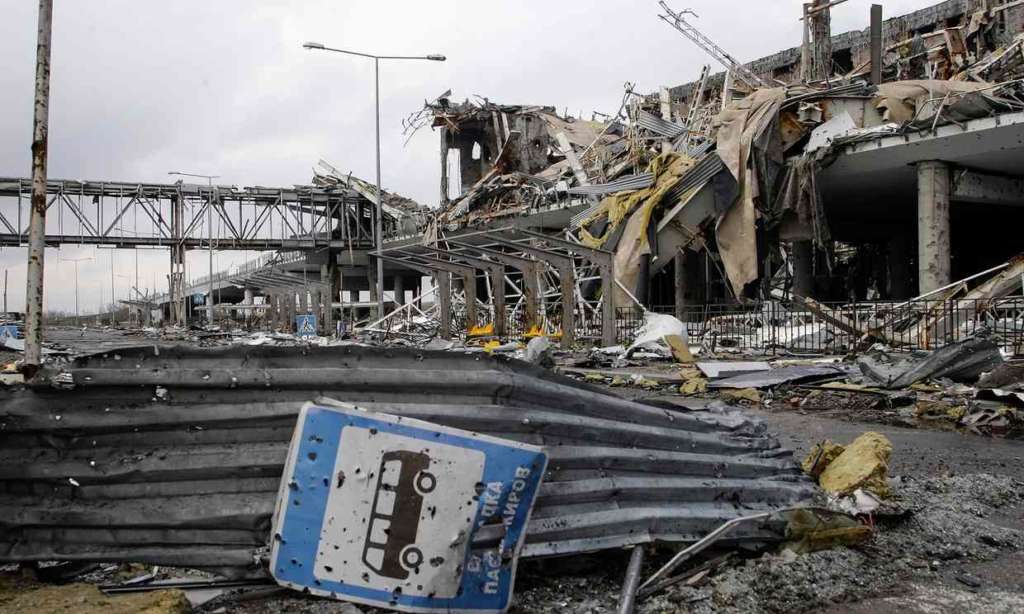The European Union’s Brussels ambassadors agreed on Tuesday to extend until the end of January the economic sanctions against Russia in the absence of significant progress on resolving the conflict in Ukraine, diplomatic sources said, noting that the measures are applied on the oil, financial and defence sectors of the Russian economy.
The bloc’s ministers have yet to formally approve the six-month roll-over but diplomats said there was no doubt they would. France and Britain asked for time to receive comments from their parliaments, though these have no power to block it.
Envoys from the 28 member states of the European Union approved the decision in principle, where now bloc’s ministers have yet to formally approve the six-month roll-over in Luxembourg on Friday although it could be held over until an EU leaders summit next week, or even later, said the sources.
The German foreign minister and the Italian prime minister are among a growing chorus of politicians pushing for sanctions relief. In April, the French parliament approved a non-binding resolution calling for the lifting of EU sanctions. According to them, EU cannot miss out on trading with Russia and that any sanctions should only be a temporary rather than be held in place for a long period of time.
British Foreign Secretary Philip Hammond warned Monday it would be “a mistake, a big mistake,” to suggest any relaxation of the sanctions regime without real progress on Ukraine.
More than 9,000 people died in fighting there and rival sides in the conflict must yet withdraw heavy arms from the region, Kiev should organize local elections there and Moscow is bound to help Ukraine regain control of its border with Russia.
The EU needs unanimity to decide on sanctions, some of which were slapped over Russia’s annexation of Crimea from Kiev in March 2014, a move that was not recognized by any country in the world. Russia vows not to give back the Black Sea peninsula.
European Council President Donald Tusk plans to dedicate an evening working session to the bloc’s policy vis-à-vis Russia and the conflict in Ukraine when he chairs a summit of the 28 EU leaders in October.
